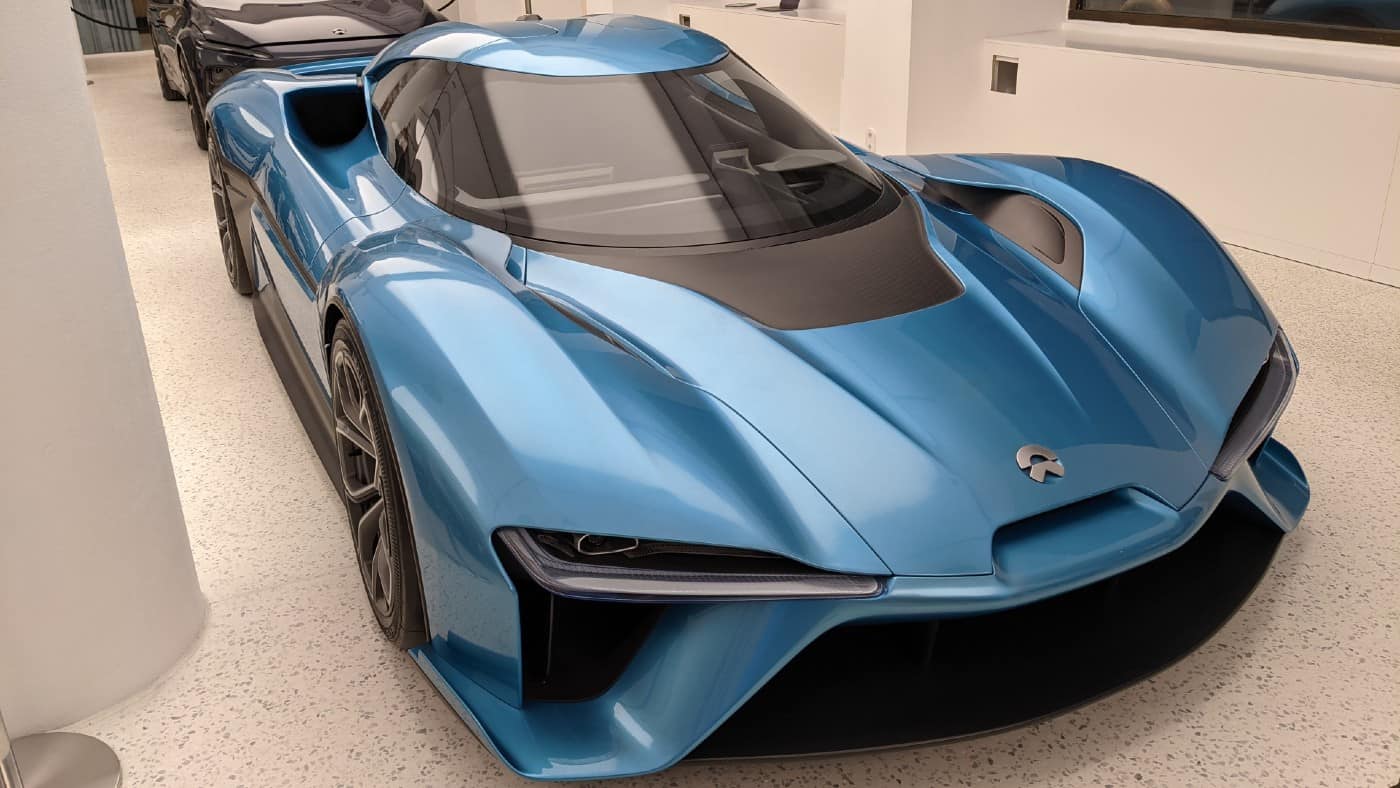NIO (NYSE:NIO) stock had a good end to last week after the Chinese electric vehicle (EV) maker reported its third-quarter earnings. The shares rose 24% over just two days.
That will come as some relief to NIO investors after a miserable 2022. Since the turn of the year, the stock’s down 65%, even after the recent jump. At $19bn, the market cap of the firm isn’t much above where it was four year ago when it first went public.
Hardly a dull moment
There’s been massive volatility in NIO stock since 2018. It was trading for as little as $1.52 in late 2019, when the start-up faced a serious liquidity crisis. The company was eventually bailed out by local government of the city of Hefei in China. After this, it tripled in less than three months, before losing half its value.
Then came the real drama. From $2.40 in April 2020, the stock went all the way to $62 in January 2021. That was a rise of 24,400% in less than 10 months! Yet today, it’s trading back down at $11.50.
I’d have needed a cast-iron will to have held NIO stock throughout that.
Impressive progress
Despite all this, the company has made consistent operational progress in recent years. In its listing prospectus, NIO informed investors that as of the end of August 2018, it had delivered about 1,600 ES8s.
The ES8, a seven-seater electric SUV, was the firm’s first and only mass-market vehicle at the time. As of October 31 this year, however, cumulative deliveries for the year had reached 259,563 vehicles. NIO now sells five models, with more planned in coming years. It has expanded beyond China to Europe and has ambitious plans to be a truly global brand.
The company has attempted to differentiate itself from the many other EV firms in China by developing battery-swap technology. A NIO vehicle can have its part-drained battery taken out and replaced by a full one in any of its battery-swap stations. This process is almost fully automated and takes less than six minutes.
There are now over a thousand of these stations, including in Europe. Needless to say, building out this infrastructure isn’t cheap. And in its third-quarter results, NIO reported a net loss of $577m, which was 392% higher than a year earlier.
The firm did have $7bn in cash and cash equivalents on the balance sheet as of 30 September, but I think this rate of cash burn is certainly a risk.
Will I buy the stock?
I’m torn on NIO, having previously owned and sold the stock. I see immense potential for the company and believe the management team has done an excellent job so far. In fact, I think the way it has scaled up is remarkable, considering the recent challenges posed by Covid-19 in China.
However, I think it’s still too risky for me to own. As far as I can see, tensions between the US and China will likely increase in coming years. As a result of this backdrop, I fear there will be weak investor appetite to own US-listed Chinese stocks. So as things stand, I won’t be buying NIO stock again.








